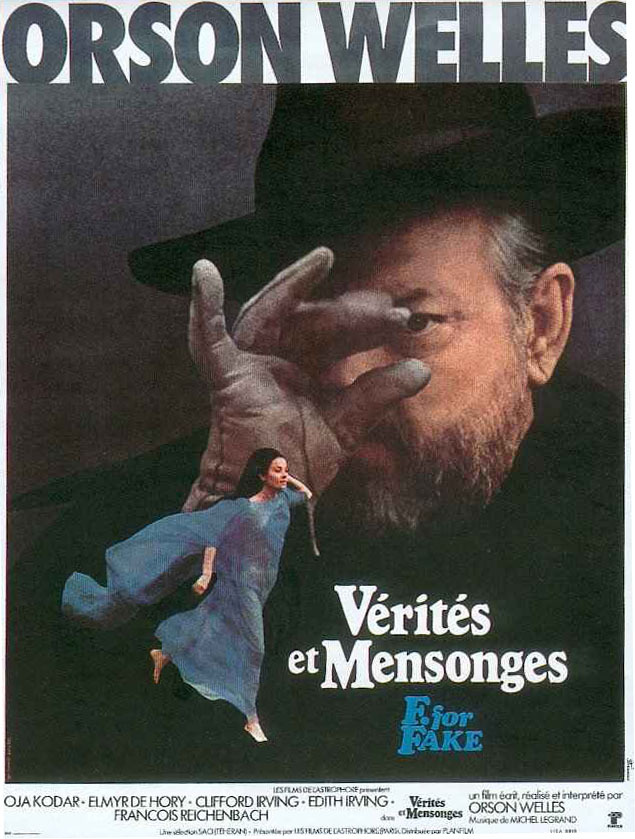The March for science is taking place over this weekend, with it around the corner our table talk was centered around it. There were many ideas discussed, as a non science major I found it very interesting. However, what intrigued me the most was some of the data we discussed.

This data captivated my interest since I assumed the public and scientists agreed that the cause for climate change was caused by human activity. Yet, after seeing this data I began to think why is there a disparity between the view of the public and the scientists. I believe that there are two main causes for this disparity. Firstly, this gap between the view of the public and scientists occur due to the education system. Most people including myself only learnt and understood the severity of climate change and its causes in college. I was not taught about the climate change and the fact that it such a serious problem in present society until I began college. Therefore, I also may have contributed towards the human activities that cause climate change. The solution to this problem is that all students should be educated about climate change and the serious threat it poses to our society at much earlier stage in life than post-secondary education. Those who are unable to attend school should be educated in other ways such as the media about climate change. Therefore, I believe that one cause for such a disparity exists between the public and scientists is due to the education system.
Secondly, I believe most scientist do not speak out to alert and educate the public about their research and findings. There is more information that scientists have about climate change that the general public does not have. This gap in information also adds to the disparity between the public and scientist on climate change. The solution to this problem is for scientist to make more information about climate change public and in simple laymen terms that are easily understood by people with all different levels of education. This will help more people understand that it is in fact human activity that is causing the plant to get warmer and that we need to all try to reduce activities that harm the planet.
In conclusion, I believe that the main cause for the disparity between the view of the public and scientist is due to the flaws in the education system and the existence of asymmetric information about climate change that the scientists are aware of but the public is unaware.

